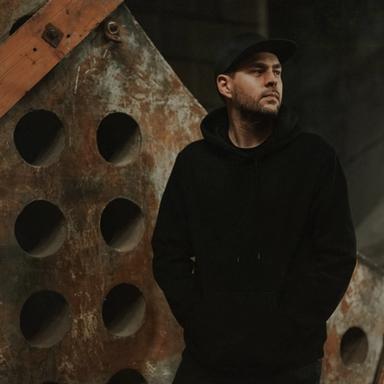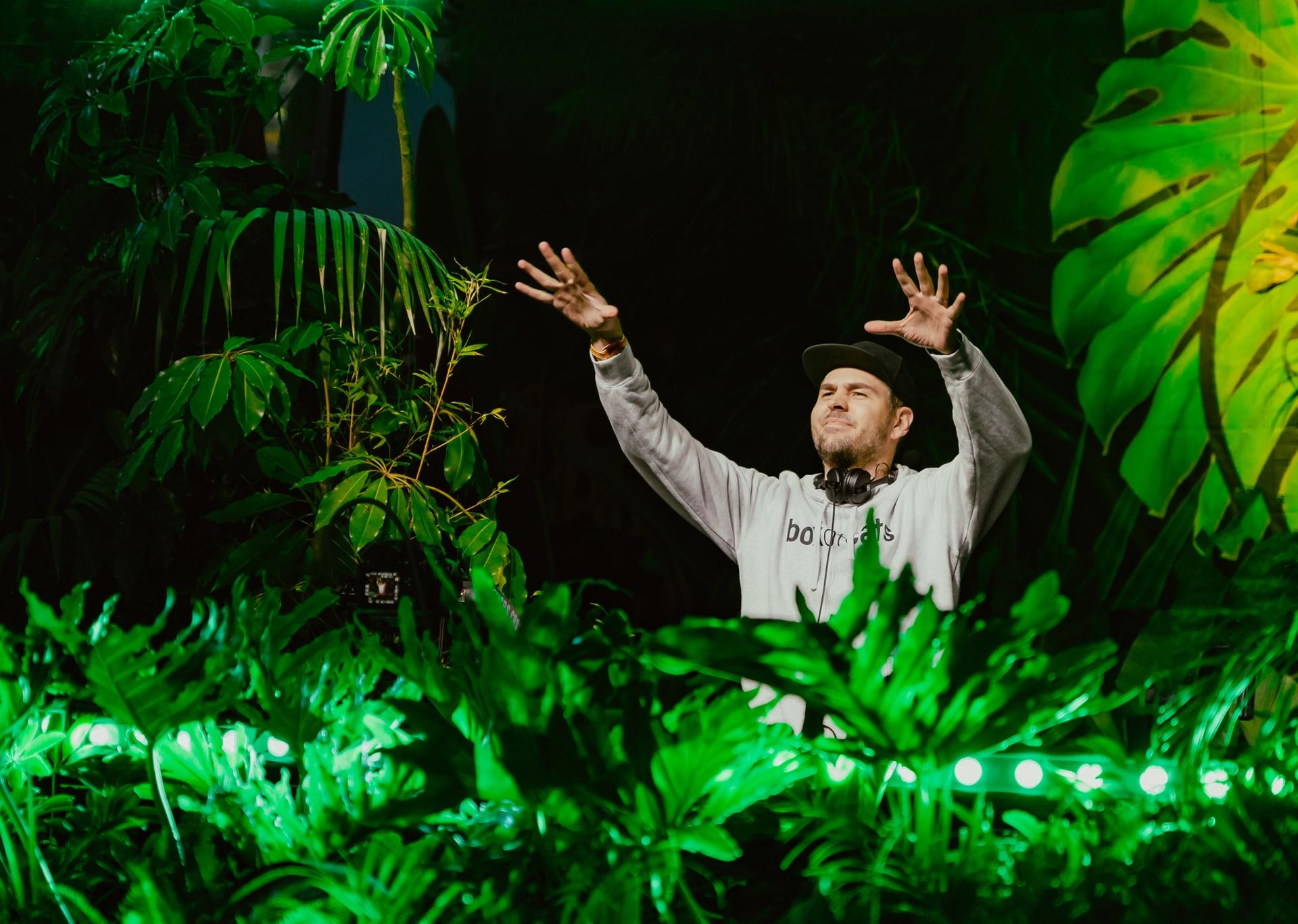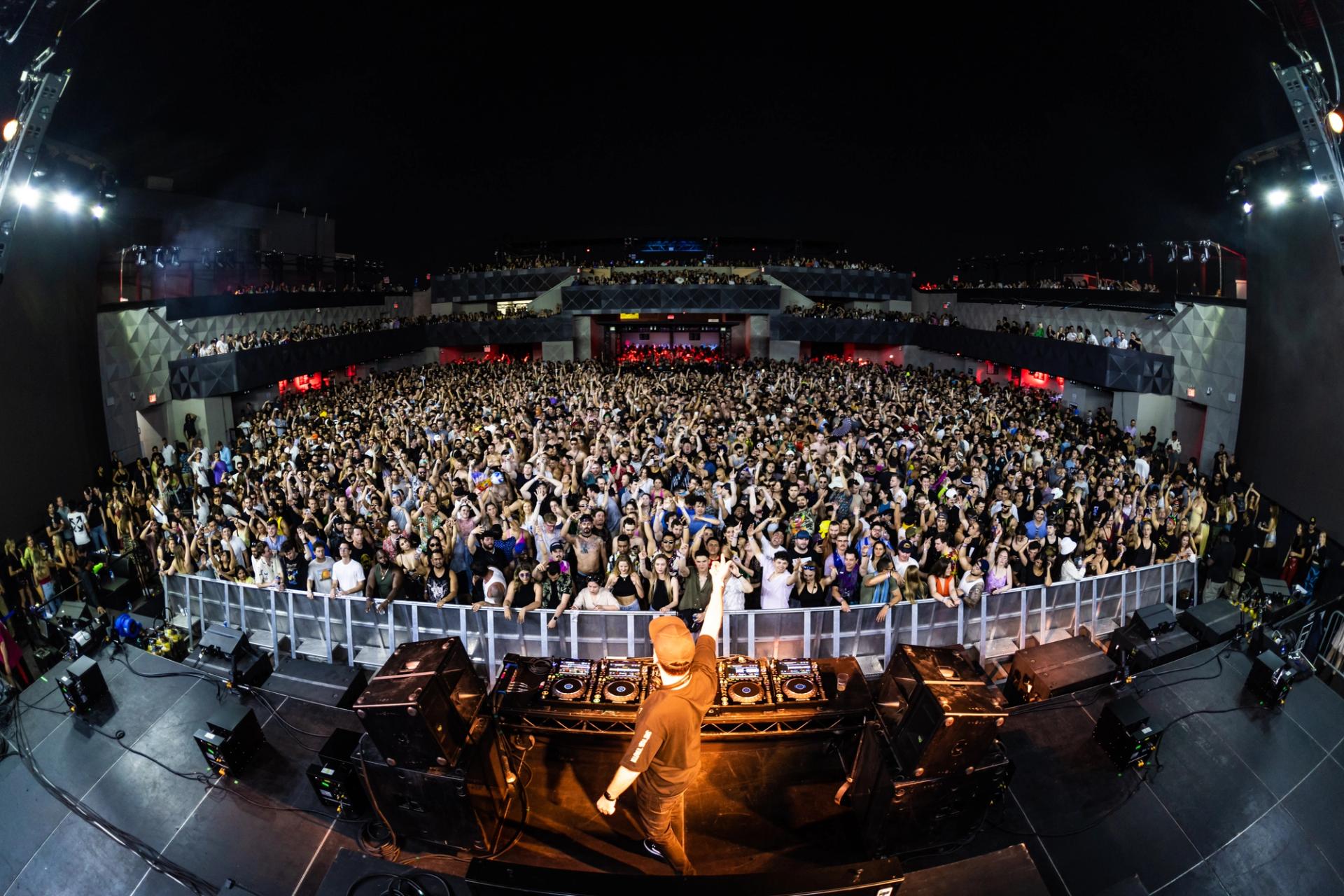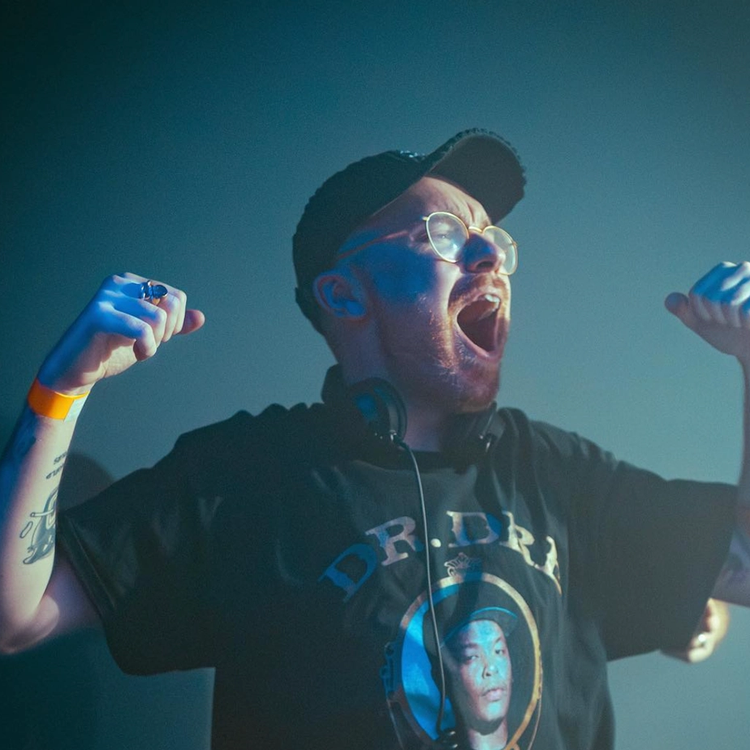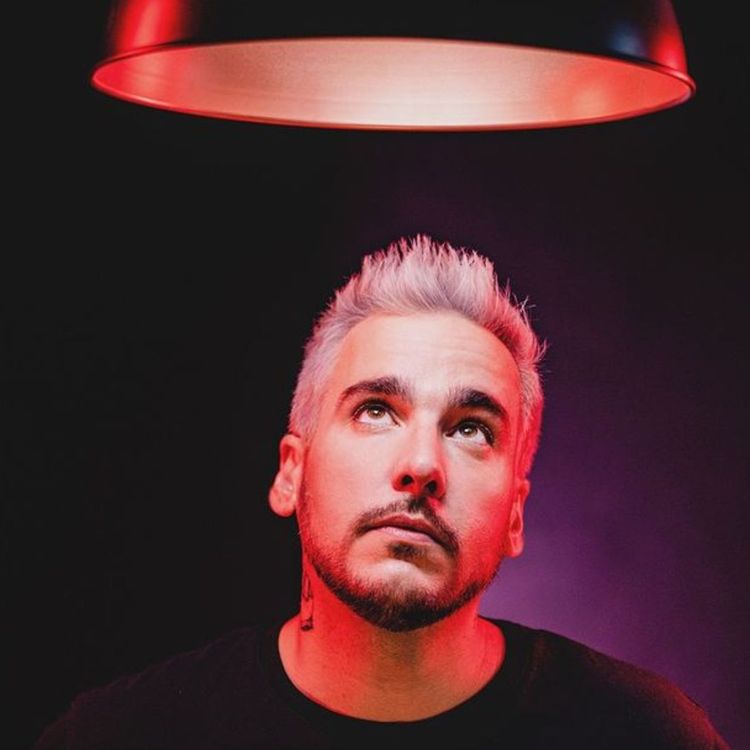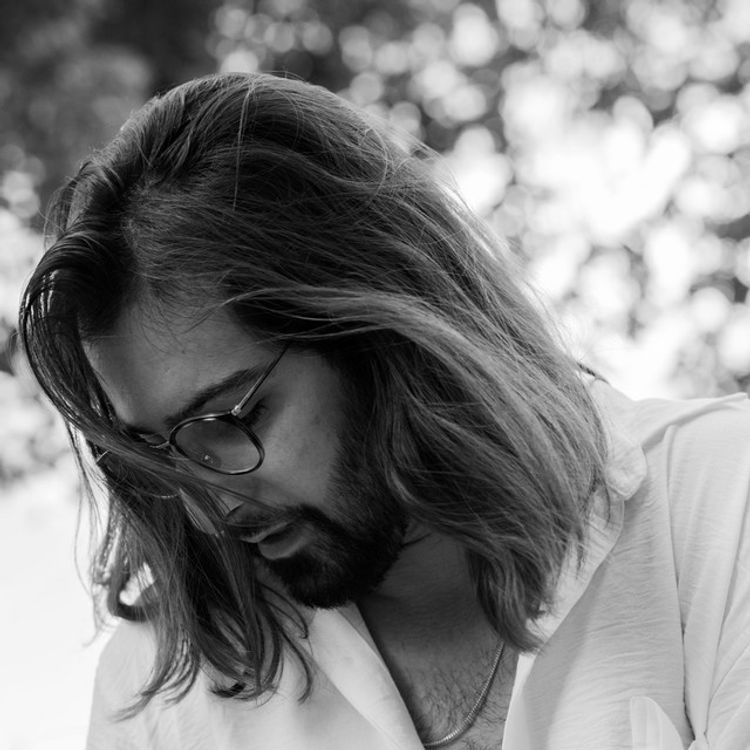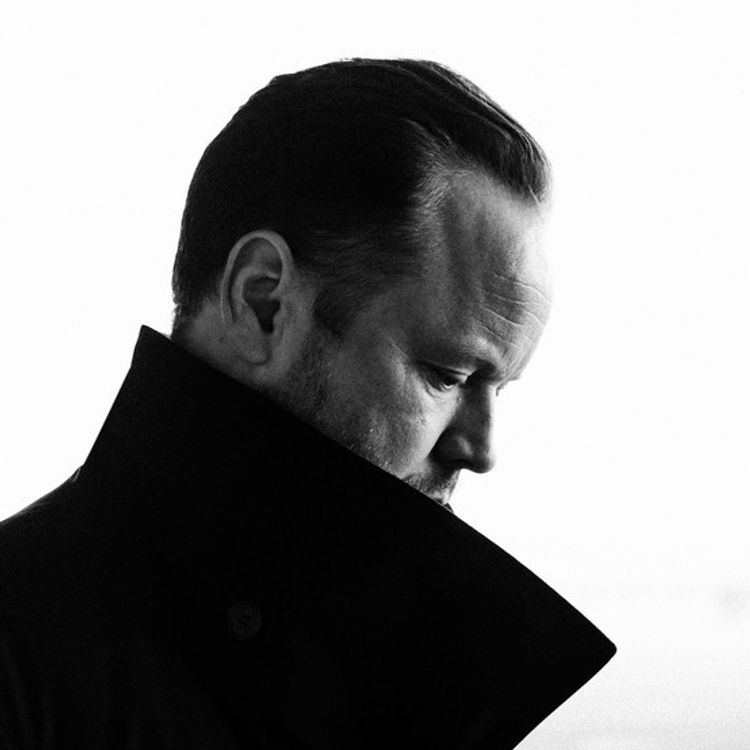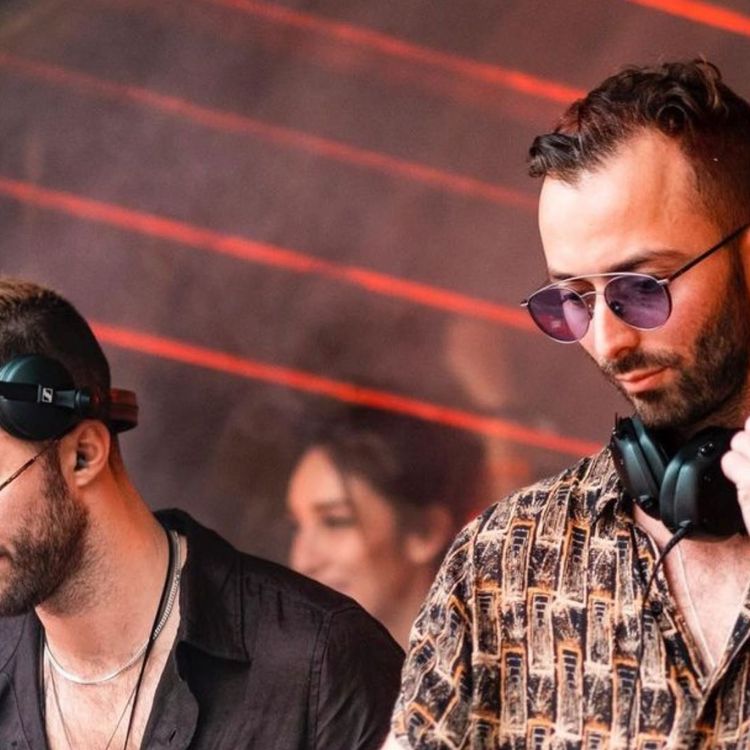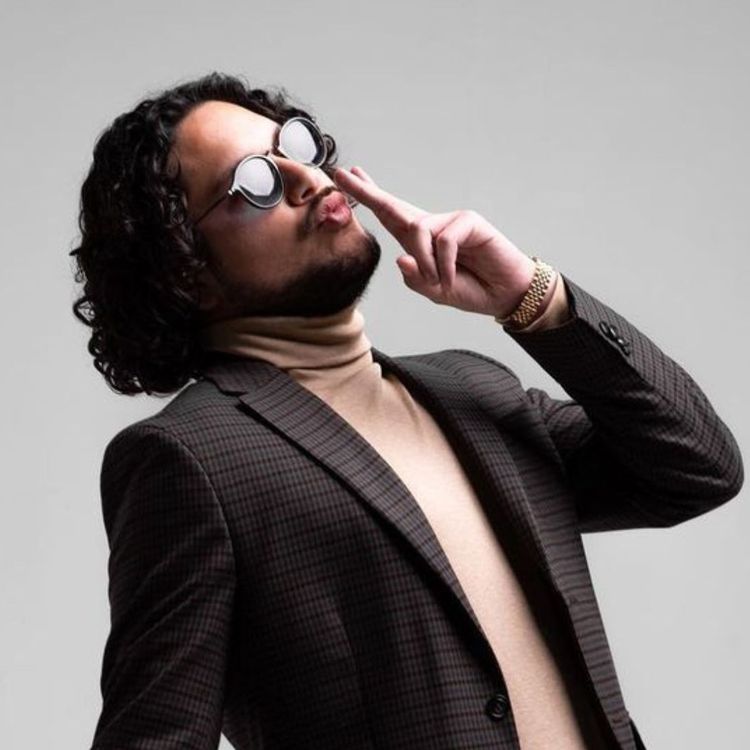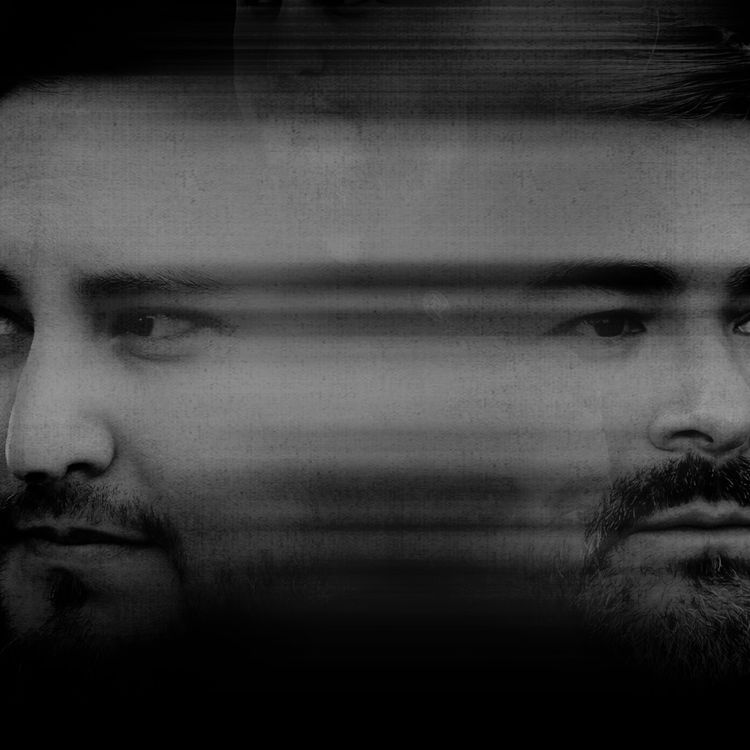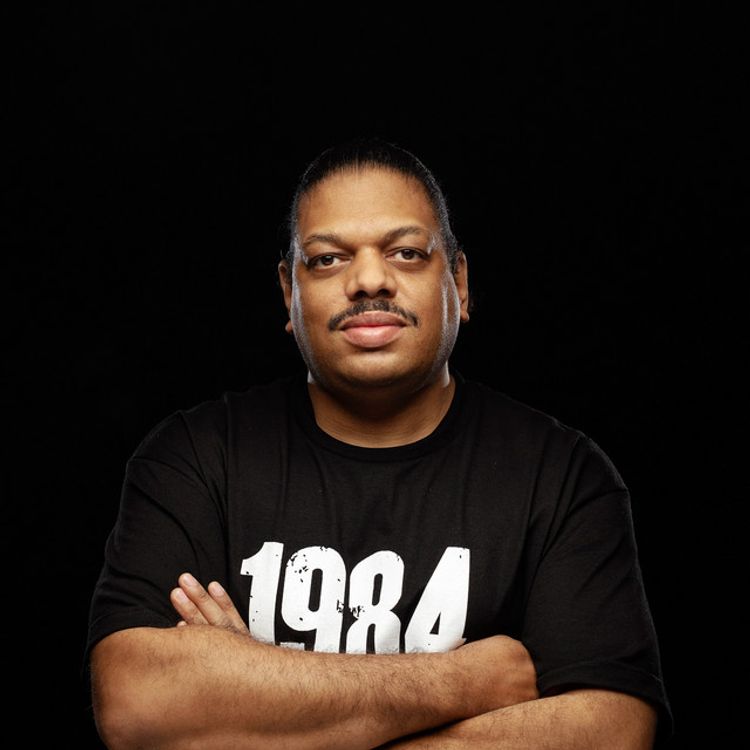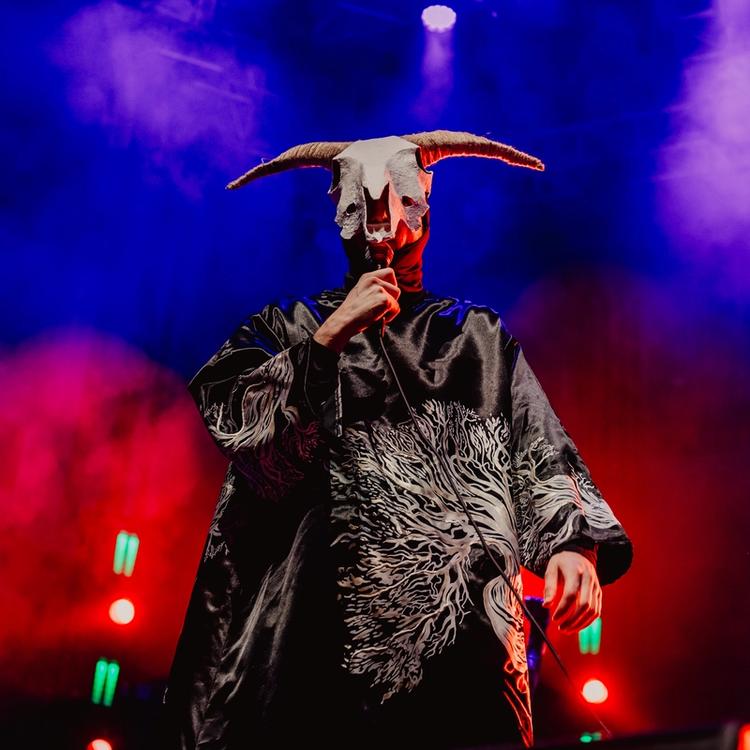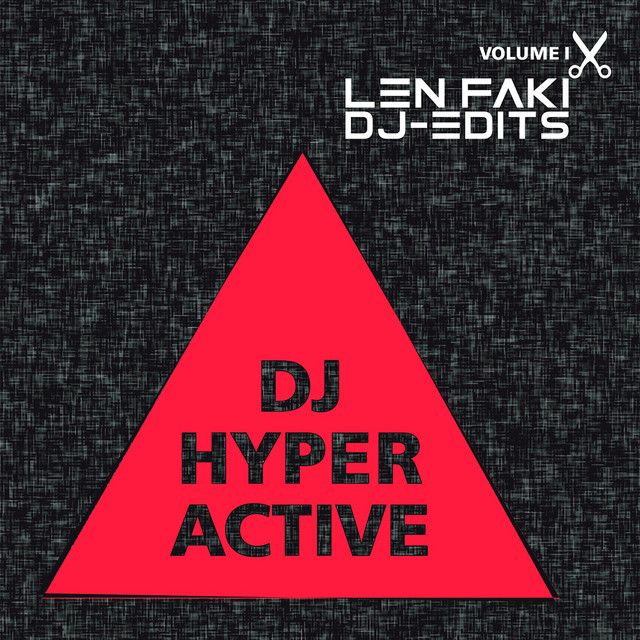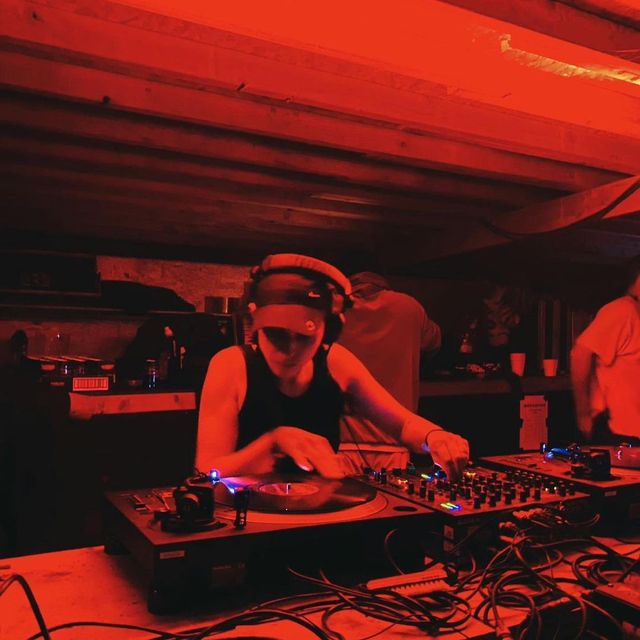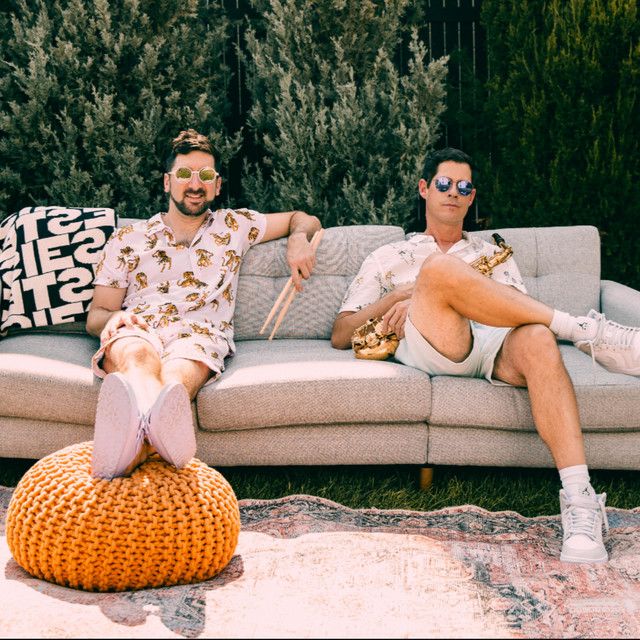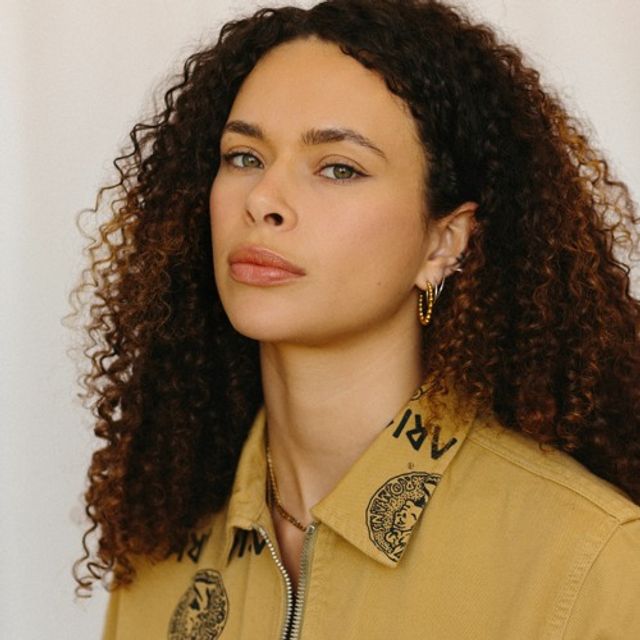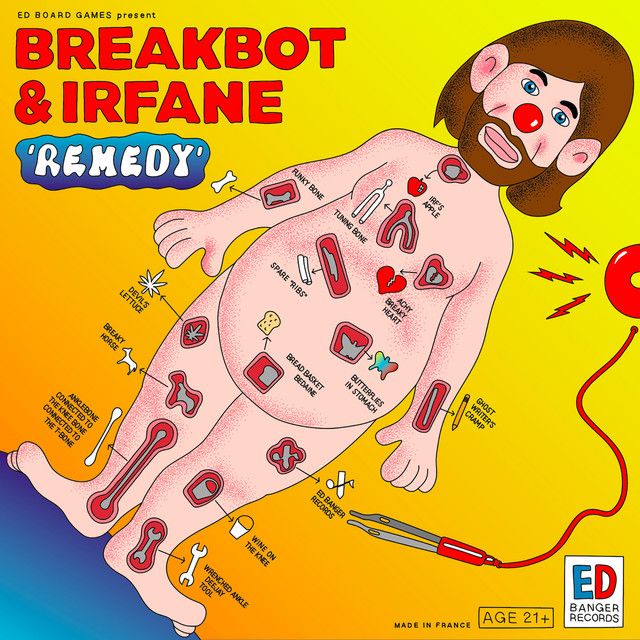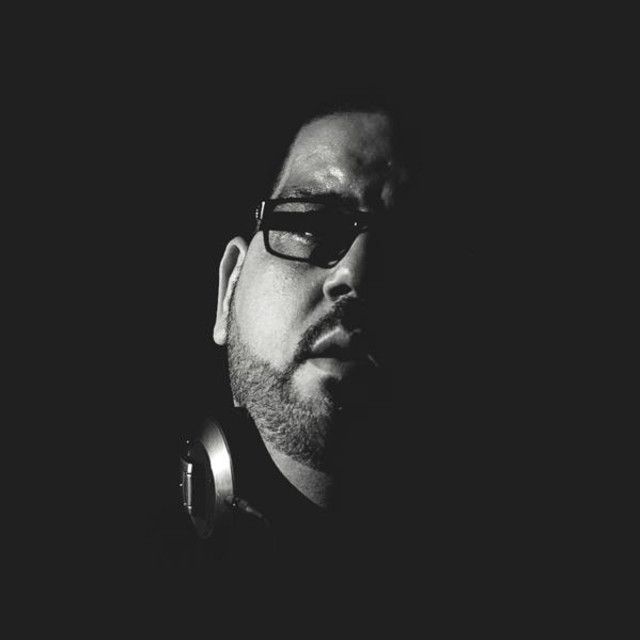Artist Spotlight
Following musical trends in dance music has, in recent years, gotten easy. The simple paint-by-numbers approach to production that allows artists to follow the zeitgeist has made the ubiquity of house music sounds a parody of itself. So, when an artist comes along that truly breaks the mold with something that sounds unique, it shakes the ground. Enter South African super producer Kyle Watson.
Over the years, Watson has made a name for himself by producing a singular brand of house music. He's a trendsetter, and you know this because while many have tried to replicate his throbbing, low end basslines and off-kilter, funky vocals, no one does it as he does. He rotates in his own sphere. Although one could categorize his sound as tech house, Watson floats effortlessly between tech house, traditional house, and bass house.
After breaking out in the early 2010s with regular appearances on esteemed labels like Dirtybird, This Ain't Bristol, and Universal Music, Kyle went on to help found the highly influential label Box of Cats with Aussie mainstay Wongo. His 2018 album Into The Morning was a defining moment for his career and catapulted him further into the spotlight. And he's only continued to stamp his footprint on house music with the release of dark and dirty dance floor bombs like "Magic Carpet Ride," "Dominoes" on Gorgon City's REALM Records, and "Let's Go Dancing" with Mindchatter.
Although most of your fans in America probably started learning about you starting in 2016, you've been putting out music since 2007. And you were doing so from your homeland of South Africa. Can you give us some insight into your experience growing up in Johannesburg?
In the early days of my career, we had a pretty healthy music scene in South Africa. The type of music that I and other local SA producers were making and playing got pretty popular, so the gigs were always a good time. The music I was making was still one of the more minor genres in the scene, though. The biggest market was and still is for Afro house, amapiano, and deep house, which is doing incredibly well there right now and blowing up globally.
Do you remember when you first discovered a passion for music?
Music was always in my life. From a young age, I took piano lessons and music as a subject at school. When my father brought home a copy of some very basic music production software, I was hooked.
What kind of electronic scene was in South Africa growing up, and did you discover those sounds locally or simply from listening to all kinds of music?
I listened to a lot of music from the UK and the US, like metal, drum and bass, and electronica. All of those genres, I think, have contributed to my sound in some way.
Do you think the scene has grown there since you started your career?
I think COVID really knocked the SA scene, at least within the genre of music I make and play. Unfortunately, a few of the clubs have closed down, and the market seems to have changed quite a bit. I live in the UK now, but looking from the outside, it seems that amapiano and Afro house are absolutely huge right now.
It's so easy for a fan to look at an artist and assume that once they broke out, their career was made. But often, we overlook the years of work that go into an artist's career before true recognition. It didn't feel like you hit on what we've come to expect from your sound until around 2013. For seven years, you were putting out music very different from your sound today. What was that time like in your career, and who were you listening to for inspiration?
I think from about 2007–2012, I was trying to figure out how to get my ideas down into the music that made sense. There was a lot of hit-and-miss during that period, which happens with all artists, but yes, around 2013 or 2014, something clicked, and I started to understand myself creatively. The music started to connect on a bigger scale. I feel over the last three years, or so, I've been more critical of myself and the direction I want my music to take.
2014 felt like the initial breakout; you made it onto the Seven Days of Dirtybird compilation with your solo single, "The Clock." It is quintessential Dirtybird. Was there any relationship with the Dirtybird team, or were you sending demos blindly and got recognized? Did this feel to you like a breakthrough moment?
During that period, it was a major goal for me to sign a record to Dirtybird, so when it happened in 2014, it was a massive boost to my confidence. There was no previous relationship. I sent them a demo, and thankfully they liked it. It was an important moment in my career because it helped introduce my music to the US market (where I now tour regularly).
Your sound is so unique, full of funky drum patterns and basslines. Are there any pieces of hardware or software plugins you find yourself going to often when producing?
I do have my trusted plugins that I use on almost every track, but I think the most interesting stuff comes from using obscure tools or plugins in different ways—or sampling something unusual and processing it heavily to create something new and fresh. Personally, Omnisphere is one of my favorites because it does an amazing job of blending samples with synths.
As house and tech house has become ever-popular, you've consistently stayed true to yourself and your sound. What do you think about the genre and artists branching out from other genres to try their hands at house music?
I think it's great that house is getting its turn in the spotlight because it introduces people to the genre who eventually filter down and find new subgenres. I do have to laugh when I see massive pop artists jump on the bandwagon, though. Sometimes they get it right, but sometimes it just doesn't work!
It's not often that artists in your sphere put out albums. But your 2018 album Into the Morning felt like such a great expression of your music and was received well. Can you take us into the process of crafting an album? You worked with several vocalists. What is the process of linking up with them? Do you have a favorite song from it?
ITM was such a fun project for me because it was the first time it gave me a platform to showcase different genres without the tracks feeling out of place. I think that's the whole point of all albums, to show what you're capable of and take risks that you may not be comfortable taking with a single. Personally, "Lights On" or "Control Ya" are my favorites off that album because they're different, and both have their own vibe and energy.
We have to ask about Box of Cats. The label was founded in 2016 and has been on a tear since. When did you and the crew decide to start this project, and how did you meet the guys?
The funny thing is we haven't even met in person! It started out as an informal group conversation on Facebook Messenger a few years back when we decided starting a free label would be fun. I think it was 2016 or 2017, but it feels like yesterday. The label has been doing so well. It's grown into a strong brand and is a great platform to push artists who are doing things a little differently but still have the potential to connect with a large audience.
With so many artist-driven labels these days, what does Box of Cats do to stand out and stay fresh?
We have to make sure to try to sign and nurture artists who are in their own lane. There is a lot of generic music out there, so we try to make sure we keep away from that and push artists to do their own thing.
Are there any up-and-coming artists you'd like to shout out?
I've got my eyes on Truth x Lies at the moment. They are putting out some really solid groovers, and I'm looking forward to seeing where their music goes as they grow.
